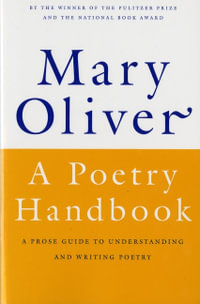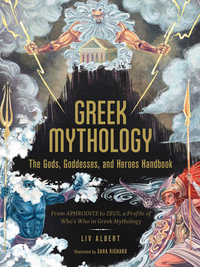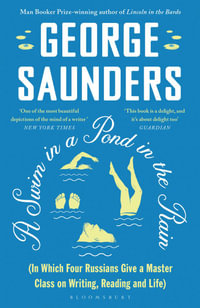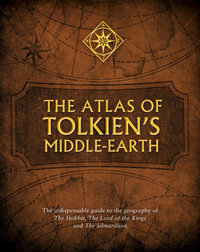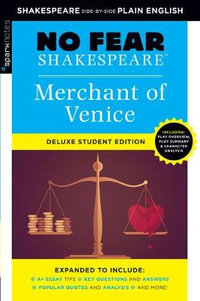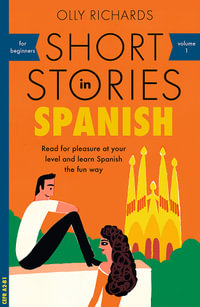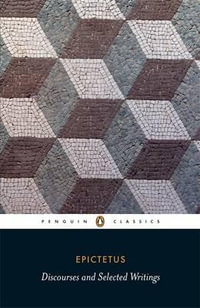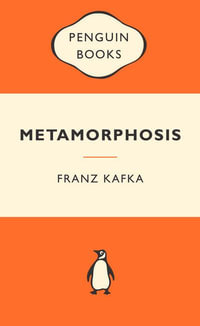A dissident's deeply personal and unflinching view of Soviet oppression in Czechoslovakia in the wake of the 1968 invasion.
Seven Days to the Funeral is the fictionalized memoir of Jan Rozner, a leading Slovak journalist, critic, dramaturg, and translator. Rozner and his wife Zora Jesenska were champions of the Prague Spring and were blacklisted after the Soviet-led invasion of Czechoslovakia in 1968. When Jesenska died in 1972, her funeral became a political event and attendees faced recriminations.
A painstaking account of the week after his wife's death, Seven Days to the Funeral is a historical record of the devastating impact of the period after the invasion. Through ruthless portraits of key figures in Slovak culture, the book provides a fascinating cultural history of Slovakia from 1945 to 1972. It is also a moving love story of an unlikely couple. Although Rozner began the book in 1976, it was left unfinished upon his death. The book was published posthumously in 2009 by his second wife Slava Roznerova.
Industry Reviews
"In a four hundred-page long autofiction, meticulously and elegantly translated by Julia and Peter Sherwood, Rozner provides a rare testimony against the blind spots of collective history and memory-including those, as it turns out, of Slovak readers. . . Given that Rozner eventually moved to Germany and never returned to live in Slovakia-even after the end of Communism in 1989, Seven Days to the Funeral reads today as a particularly poignant take on nostalgia. Through the painstaking detailing of his former life, one senses that the author had resurrected the city that shaped him only to situate it firmly in the past, as an essential portrait of those years lived in silence." * Asymptote Journal *
"It is no exaggeration to describe Jan Rozner's autobiographical novel as a seminal Slovak work of the second half of the twentieth century, one that will become a part of the canon. Jesenska's death unleashed in Rozner a fascinating stream of reminiscence encompassing, in addition to their marriage, the author's childhood, career, his political battles as well as his struggle with alcohol, and his profound misgivings about the purpose of his own work and life. . . . Rozner settles his accounts with the country and the regime in a truthful and merciless way, rejecting both anti-Semitism and anti-Hungarian chauvinism, sadly, quite common among Slovakia's intellectuals. . . . Instead of hiding behind fictitious literary figures, he makes reference to real people, upsetting our image of many members of the so-called elite. A dark, shocking, multilayered, extraordinary novel!" * Michal Hvorecky *
"Rozner's book is much more than a personal story and also much more than a testimony to the past. It is, first and foremost, a brilliant novel." * Martin M. Simecka, Respekt *
"A powerful book that shows how normalisation distorted people's lives even after their death. And, at the same time, an extraordinary account of the joys and sorrows of the marriage of two literary figures and a variation on the eternal theme of love and death." * Jan Lukavec, iLiteratura *


